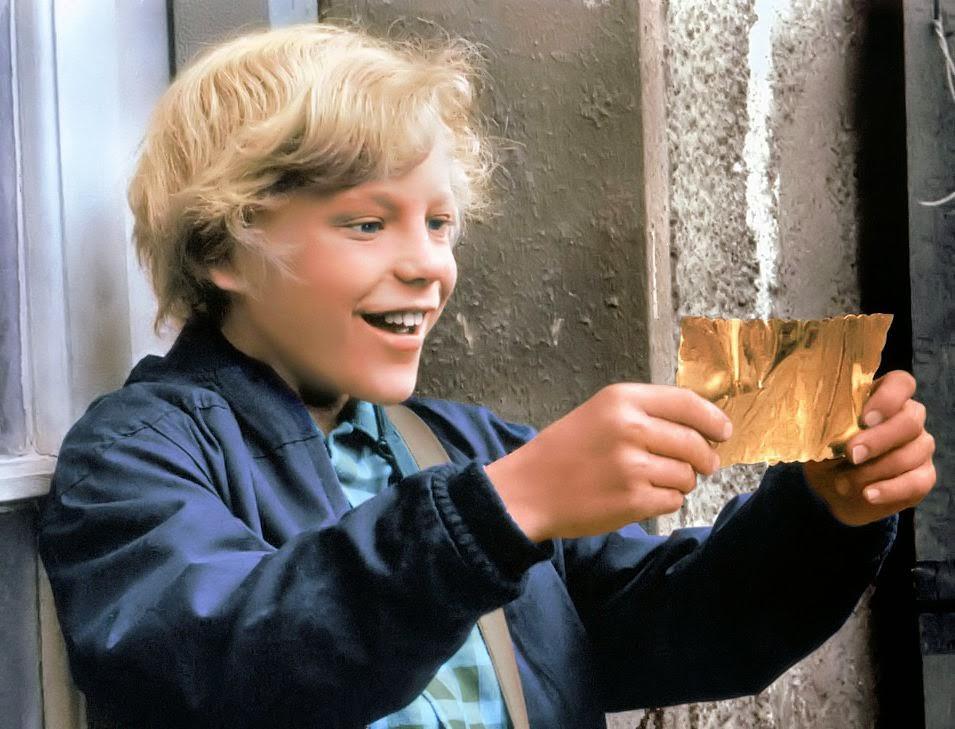Charlie in Charlie and the Chocolate Factory was going to be black but Roald Dahl's agent got him to change it
Agent 'thought it was a bad idea to have a black hero'

Your support helps us to tell the story
From reproductive rights to climate change to Big Tech, The Independent is on the ground when the story is developing. Whether it's investigating the financials of Elon Musk's pro-Trump PAC or producing our latest documentary, 'The A Word', which shines a light on the American women fighting for reproductive rights, we know how important it is to parse out the facts from the messaging.
At such a critical moment in US history, we need reporters on the ground. Your donation allows us to keep sending journalists to speak to both sides of the story.
The Independent is trusted by Americans across the entire political spectrum. And unlike many other quality news outlets, we choose not to lock Americans out of our reporting and analysis with paywalls. We believe quality journalism should be available to everyone, paid for by those who can afford it.
Your support makes all the difference.We're used to seeing allegations of whitewashing with so many films and TV shows coming out, but this one dates back to 1964.
In an interview with BBC Radio 4's Today programme to coincide with yesterday's Roald Dahl Day, the author's widow Liccy Dahl revealed: "His first Charlie that he wrote about was a little black boy."
Asked why the protagonist in Charlie and the Chocolate Factory's ethnicity was changed, she replied: "I don't know. It's a great pity."
Ronald Dahl's biographer Donald Sturrock, who was also interviewed, was able to provide elucidation.
"I can tell you that it was his agent who thought it was a bad idea, when the book was first published, to have a black hero," he said. "She said people would ask: 'Why?'"
The white Charlie would subsequently be included the famous 1971 and 2005 film adaptations.
The revelation is a footnote in the novel's history that may require some reevaulation, the book having been criticised by the National Association for the Advancement of Colored People (NAACP) in 1970, when a film adaptation was announced, for overtones of slavery with regards to the Oompa Loompas.
Join our commenting forum
Join thought-provoking conversations, follow other Independent readers and see their replies
Comments